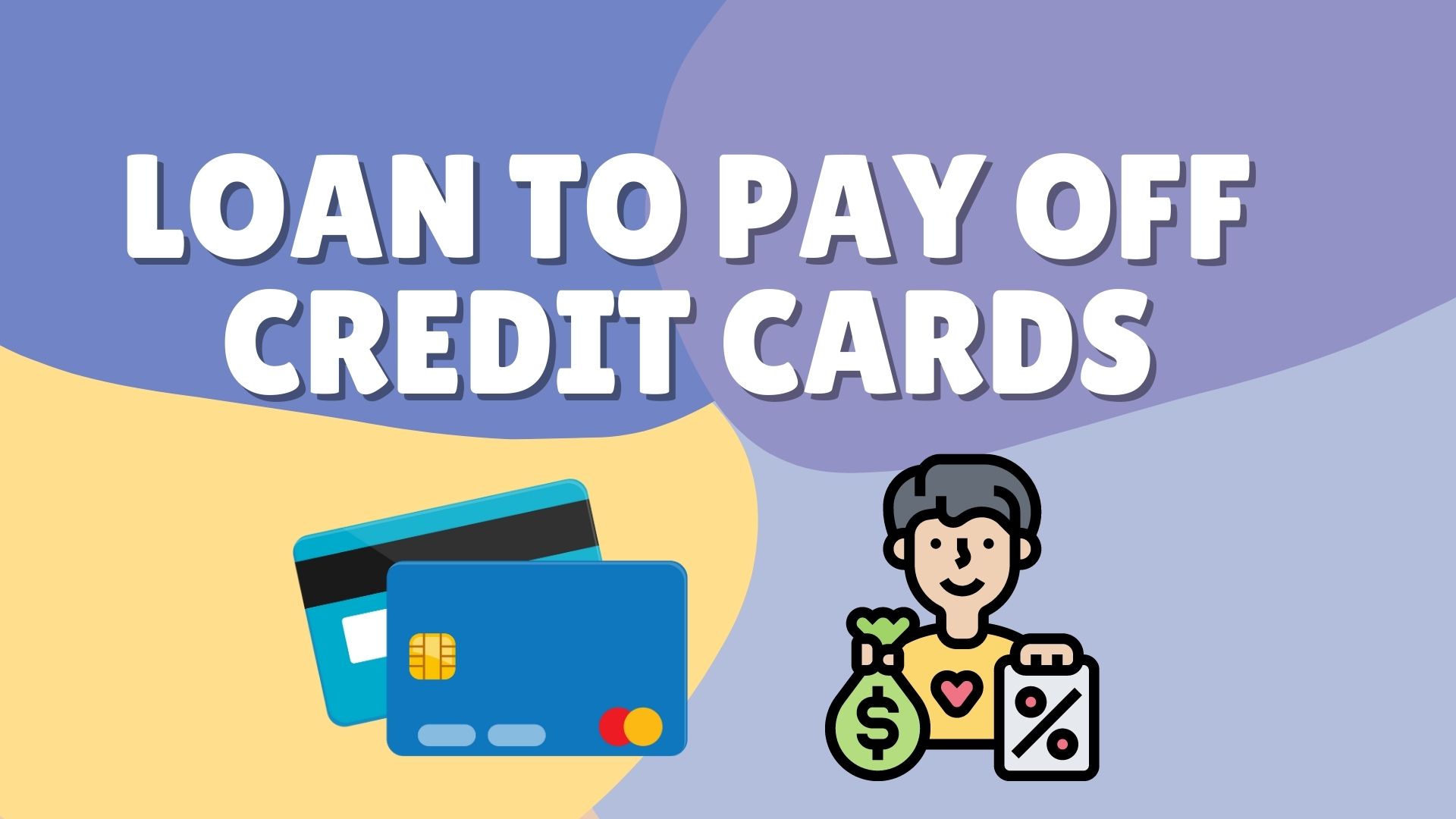A person has a credit card, which he used to pay for a month, but due to unforeseen circumstances, he could not pay off the debt on time. The interest-free period is about to end, and the bank will begin to accrue interest. The situation is unnerving, and a solution comes to mind: perhaps it is worth taking a loan and closing a credit card. It is generally accepted that this is a bad idea. But there are situations when it is quite justified.
Credit Card vs Cash Loan: What’s the Difference?
First, let’s look at the difference between the two types of loans. A table will help here.
| Credit Card | Loan | |
| Loan Term | Any during the validity period of the card. You can borrow the amount within the credit limit and repay it in a day, or you can repay it in installments over several months. The main thing is to remember the minimum payment and not miss the deadlines. | From 1 months to several years, depending on the terms of the contract. |
| Interest term | After the expiration of the interest-free grace period. It usually lasts up to 50 days, but it all depends on the conditions on the card. During the grace period, no interest is charged. | From the first day of lending. As a rule, interest is charged immediately on the entire amount. With a differentiated payment, their volume may change as payments are made. |
| Interest rate | On average 20-25%. | On average 7-13%. |
When Should I Take Out A Loan To Pay Off My Credit Card Debt?
This will be a reasonable move in most cases.
If you are concerned about such a question, most likely, the grace period has either ended or is coming to an end, and the size of the debt does not give hope to pay it off in the near future. Therefore, you have to deal with rather big interest.
Let’s say you owe the bank $50,000. Even if you do not take into account the nuances, a loan at 12.91% is much more profitable than a credit card at 20%. And given that a personal loan can be found at a more attractive rate than the average, the benefit is even more obvious.
When Not To Take Out A Loan To Pay Off A Credit Card Debt
There are several cases where doing this is not exactly recommended, but you need to carefully weigh the pros and cons.
- You have a small debt that you will pay off in a few months
Let’s say you didn’t fit into the grace period and you started to accrue interest. But you clearly understand that in 2-3 months you can easily say goodbye to debt. Of course, compared to a personal loan, you will pay a little more. But in a couple of months, the difference will not be very significant, so it is hardly advisable to fuss.
- You don’t have a very good credit history
The less conscientious you look in the eyes of the lender, the less favorable conditions you will be offered on a personal loan. In some cases, the differences from the terms of a credit card can be so insignificant that it is much easier to pay off an existing debt.
Of course, no one will forbid you to try to get a new loan on favorable terms. But here it is important to remember that refusals, if any, also fall into the credit history – and worsen it.
How To Apply For A Loan To Pay Off Credit Card – Step By Step
If you decided to apply for a personal loan, here is a short instruction that will help you step by step:
- Selection of the offer.
- Submitting an application on the lender’s website – pay attention to filling out the form correctly; it is especially important to accurately copy personal data and bank account number, as well as to provide true information about the source and amount of income and about your obligations
- Identity verification – you confirm your personal data by transferring $0.01 from your personal bank account to the lender’s account. If you don’t have anything on your account, you can take a personal loan without transferring a penny. The service allows you to verify your identity in a few dozen seconds thanks to special applications.
- Consideration of the application and receipt of a loan offer – companies usually send it to the e-mail address, and in the message, they provide the loan amount and repayment terms.
- Acceptance of the agreement and receipt of the loan straight to your account – the loan agreement does not need to be signed manually, but it is enough to accept its terms, e.g. by sending a code via SMS. Immediately after such acceptance of the terms of a personal loan, the lender transfers funds to the provided bank account number.
Conclusion
The idea seems strange, but in most cases, repaying credit card debt with a personal loan is a justified solution. But on the contrary, you should not do it, so as not to face increased interest rates. Try to take into account the details of the situation: a lot depends on the nuances that are individual for each case. Consider all possible options – it will be easier for you to make an informed decision.


